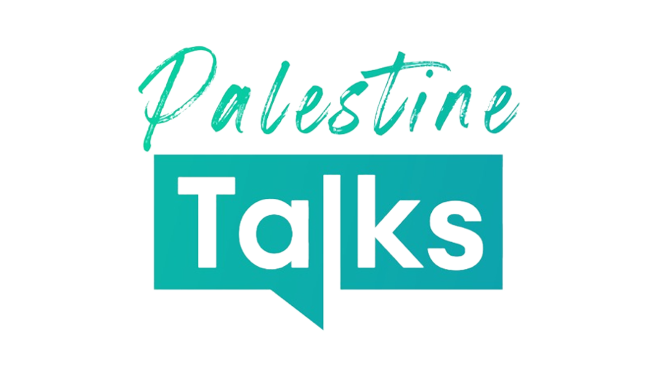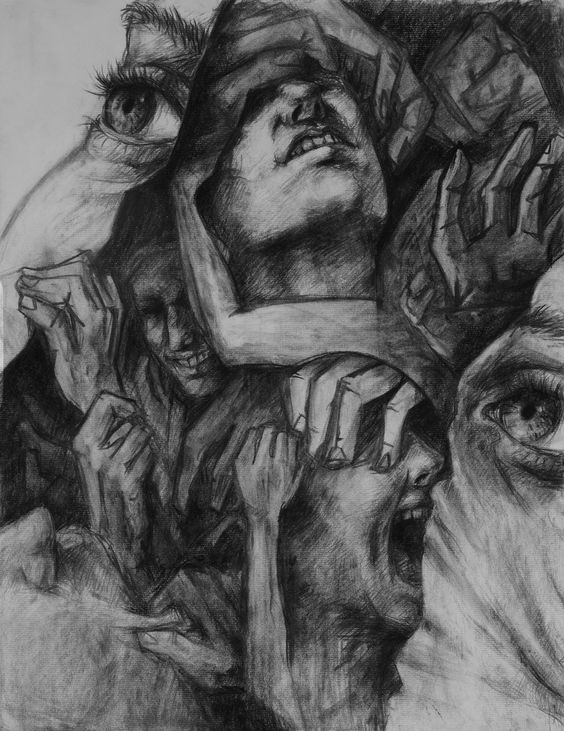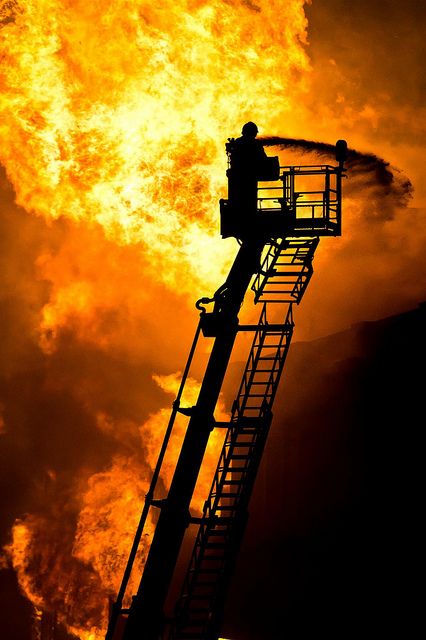Death is like a mythical being outside and inside. Behind the windows and in front of them. As if to keep no mind, it’s been in this city for years of occupation" This is the last line I read in one of Murid Barghouti’s novels one evening while listening to the sound of explosions far from and near my house. The danger of dying from such explosions is simply part of living in our neighborhood.
Fear controls my mind but I agreed with myself not to run when I hear the sound of an explosion or shuddered at the tears that follow. I always wanted to get rid of that irritating feeling of weakness and avoid it. Despite not feeling safe enough to sleep we surrendered to it and entered into the days of real war. People in my city forget most of their rights. They try to live normal lives but the siege has made my city drowned in unknown darkness for years leaving no clarity for the future of the city. My mother lived through two uprisings (intifadas) and my father lived through battles and wars from which he barely survived. This means that their daily lives were full of funerals, explosions and tanks roaming the streets. Our generation is living through the fourth war on Gaza. I realize now what our parents have always understood. We live in a city trapped in an occupied homeland controlled by a ruthless occupation. They knew there was no normal childhood for us because there had been no normal childhood for them.
I was awoken the next morning to a sound coming at me. A loud explosion, mixed with the breaking windows and a red light lit up my room. I was in shock and imbalance in my body. Unconsciously I jumped from my bed running while holding the bedsheet around me. My family joined me in fear and confusion as my father tried to find where the shell came from. We gathered together and sat at our apartment door assessing our situation when a neighbor admonished us to stay away from the building next door. So, we escaped from our apartment in a state of great panic. The scene that unfolded as we entered the street was like a scene from the 1948 Arab–Israeli War. Hundreds of people ran away to escape their deaths. We ran until we had reached a safe distance from the building. Ten minutes later, there were three continuous explosions that pierce our ears. But we kept standing in our shoes reluctant in a strange way to leave.
My father left us briefly to explore the destruction despite my mother’s insistence on staying together. He is really fearless and lived through enough wars to make his heart like a rock in such situations. I took a deep breath and decided to return to the apartment with my dad. On the way back the sidewalks were covered with dust and pieces of stone. Windows glass was everywhere and some apartments were completely burned. The street scene was very apocalyptic.
When we entered the apartment, the dust was thick in the air and on the surfaces. The chocolate we’d prepared for the Festival of Fast-Breaking, Eid al-Fitr, was on the floor mixed with dust and broken glass. The curtains and our kitchen were completely burned. There was nothing left but the holes in the walls. My father and the men with him looked at the remnants of shell fragments on the ground. My father’s friend jokingly warned they might explode. How could he joke in such a situation, the very cause of the destruction?
When I entered my room there was a big hole in the front wall. The rest of the walls' color had changed from purple to grey. My little library was empty of books. They were underneath the rubble and some of them were burned. All the beautiful colors I loved in my room no longer existed and everything was devastated. I couldn’t describe how I felt at the time. I shuddered as I wandered through our apartment and took in the destruction. I realized that I was somehow related to it. I realized there were people who lost everything where only a rubble of stones remained. I did not know how they felt. All I knew was that losing a home was like losing a part of being human. When the rest of my sisters and mom came back, we decided to begin cleaning up the glass, stones and fragments so that we could spend the remaining days of the war in the living room at least.
Toward the end of the day, there were more continuous explosive sounds piercing our ears. It appeared they had decided to kill us gradually. We were able to turn on the TV and watch the news. Images of blood, dozens of dead bodies and the rubble of houses showed us that they had destroyed homes still inhabited by residents. No one imagined that on this particular day, families would be totally annihilated. I remembered the feelings I had read about the 1948 Arab-Israeli War and the genocides. The writer’s description of hundreds of Palestinian bodies, and the mass killings of Palestinians in their own land. How they ran from the dead bodies of parents, sisters and loved ones, leaving behind so many memories in each of their villages.
I did not cry hysterically that day, even after all the death and destruction. As the sun arose the next day and I reflected on all I had experienced, the sounds of explosions and staying put. I realized I was not afraid at the time. This day I lived, a day I will not forget taught me that it is wars that leave the deepest impact on ourselves, change personalities and make hearts strong. But what about the people of Gaza? When will they have peace? When do they have justice?




